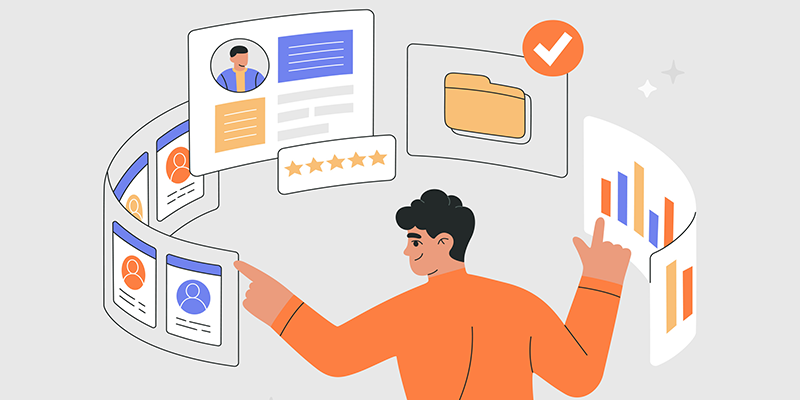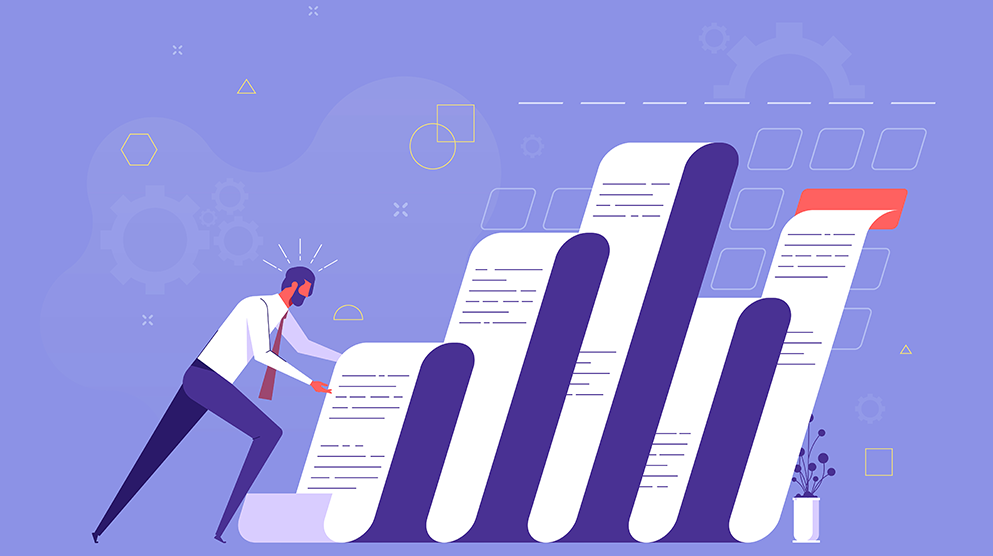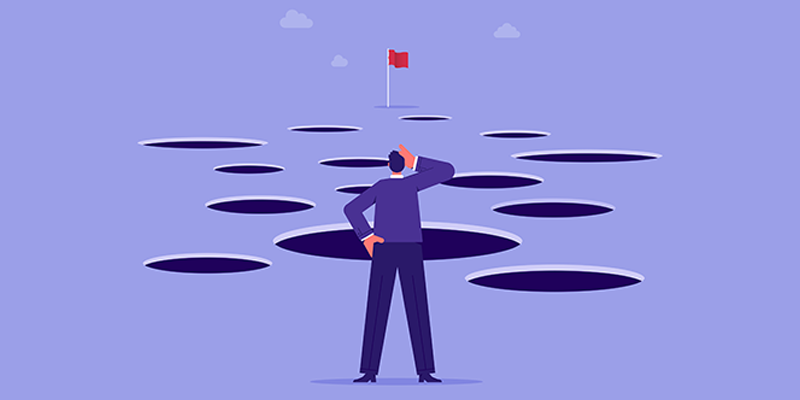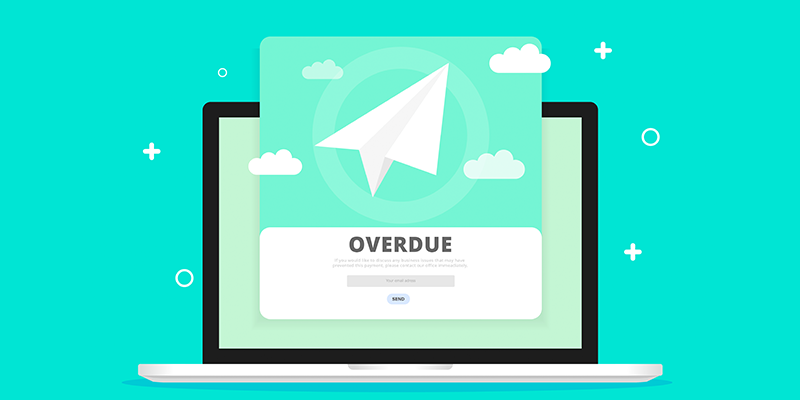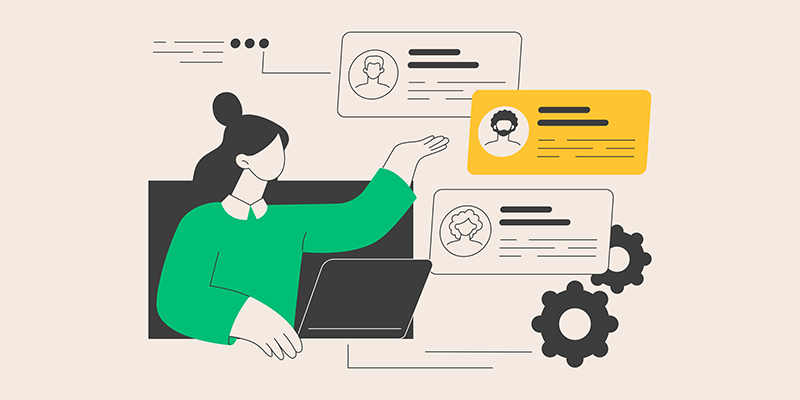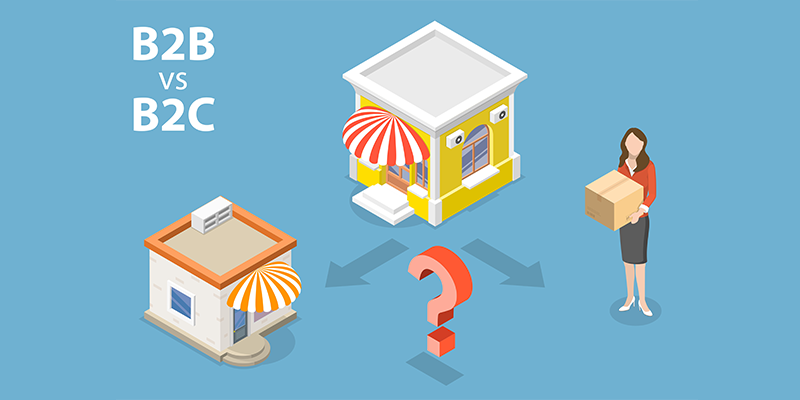It can be easy to get frustrated and make assumptions about why your invoices aren't being paid on time. The problem is that your frustration doesn't solve or prevent the situation from happening. After years of recovering delinquent debt for B2B clients, we've identified many reasons behind late or unpaid invoices.
Understanding the differences between business and consumer debt collections can profoundly influence your approach to developing an effective recovery strategy. This knowledge allows you to tailor your methods to suit the specific type of debt you are dealing with, ensuring that you employ the most appropriate techniques and adhere to relevant regulations. By recognizing the distinct characteristics and challenges of each type of debt collection, you can optimize your efforts, improve communication with debtors, and ultimately achieve more favorable outcomes in recovering owed amounts.
Let's look at the differences in negotiating business debt versus consumer debt.
As accounts receivable (A/R) become delinquent, your business expenses could fall behind. With every late-paying client, cash flow for payroll, rent, or other vendors falls short, threatening your company's bottom line and growth. The effectiveness of your A/R department may be one of the most important measurements to determine the success of your business.
Mastering accounts receivable and invoice management is vital for B2B companies to ensure smooth cash flow and sustainable growth.
B2B debt collection requires an understanding of effective strategies to mitigate delinquent accounts. This process involves implementing proactive measures so businesses can avoid issues such as unclear credit policies, inadequate communication, and poor documentation practices. Also, technology and professional debt collection services can enhance the ability to recover outstanding debts and maintain healthy financial operations.
Navigating the complexities of B2B debt collection requires a keen understanding of common pitfalls and effective strategies to mitigate them.
Do you tense up every time you run your business's aging report? Instead of feeling helpless about delinquent accounts, you can stay calm and take proactive steps to manage the situation. By adopting a strategic approach, you can implement practical solutions to increase your success at recovering outstanding payments.
Tired of chasing overdue invoices? Discover email templates to help you get paid faster and maintain positive client relationships.
Effective debt recovery is a cornerstone of financial management. Without an efficient approach to collecting outstanding debts, businesses can suffer from cash flow issues, leading to operational challenges and potential financial instability. Skilled debt recovery ensures that the company can maintain its liquidity, meet its financial obligations, and reinvest in growth opportunities.
Discover how specialized training in debt recovery can hone your team’s collections skills and boost your business's financial success.
Building trust is paramount in the debt recovery process, and communication is the foundation of trust. Clients are more likely to cooperate and engage positively when informed about the collections process and their options. Clear and honest communication helps to demystify the debt recovery process, reducing any anxiety or confusion the client may have.
Effective communication is the cornerstone of successful debt recovery, enabling smoother negotiations and better client relations.
Outstanding invoices can be devastating to businesses of any size. The ripple effects of unpaid invoices can lead to cash flow problems, making it difficult to cover operational costs, pay employees, or invest in growth opportunities. Small businesses often lack the financial cushion that larger enterprises might have. However, even large corporations are not immune; accumulating unpaid invoices can disrupt financial planning and hinder strategic initiatives.
Unlock the secrets to efficient invoice management and ensure timely payments with these expert techniques.
Credit management is a vital aspect of financial health for any business, influencing cash flow, profitability, and overall stability. Effective credit management ensures a company can meet its obligations to suppliers, employees, and creditors while maintaining the liquidity necessary for day-to-day operations.
Let's explore how strategic credit management can propel your business toward sustained success and stability.
Consumer and business debt are two distinct types of debt that are handled quite differently. Consumer debt is the debt individuals incur for personal expenses, such as credit card debt, student loans, or mortgages. Business debt, however, refers to the debt incurred by businesses or organizations for various purposes, such as operational expenses, investment in assets, or expansion.

